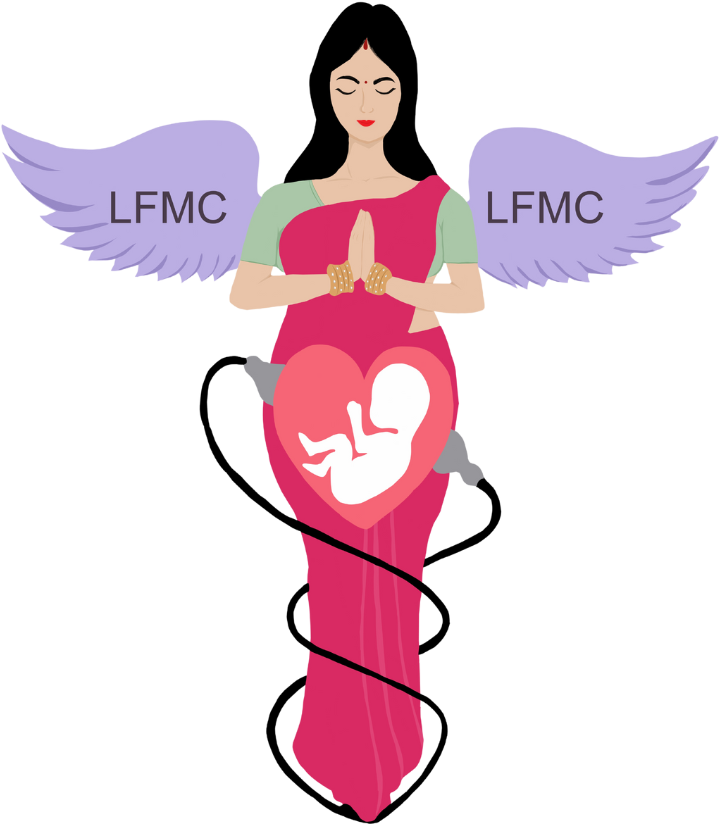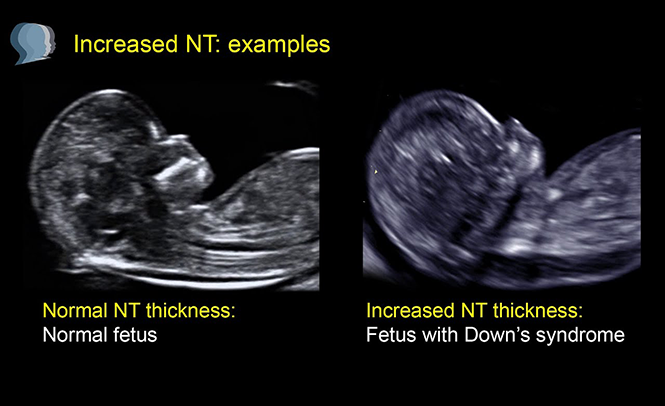What is an NT Scan?
An NT (nuchal translucency) scan is a simple, non-invasive test done during the first trimester of pregnancy to check for the risk of certain chromosomal abnormalities in a developing baby. The scan measures the fluid or clear space at the back of the baby’s neck using ultrasound. Babies with certain conditions, like Down syndrome (trisomy 21), Edwards syndrome (trisomy 18), and Patau syndrome (trisomy 13), tend to have more fluid in this area, which can be detected during the scan.
The Numbers: What Counts as Raised NT?
The NT measurement is generally considered "raised" if it’s above 3.5 mm. The range can vary a bit depending on the baby's gestational age, but that’s the rough threshold.
For context:
- A measurement under 2.5 mm is considered normal.
- A measurement between 2.5 mm and 3.5 mm is borderline.
- Anything over 3.5 mm is typically labeled as "raised."
But remember, even if the measurement is above this range, it doesn’t necessarily mean your baby has a problem. It simply means more testing or monitoring might be needed to rule out any issues.
What Does a Raised NT Scan Indicate?
A raised NT (nuchal translucency) measurement means that the fluid buildup at the back of the baby’s neck is thicker than usual. This can indicate:
- Chromosome Abnormalities: A higher chance of chromosomal abnormalities, especially Down syndrome, is linked to an elevated NT measurement. It's crucial to keep in mind, though, that an elevated NT just indicates a higher risk rather than a definitive chromosomal abnormality in the infant.
- Congenital Heart Defects: Sometimes, a thicker nuchal translucency indicates the presence of congenital cardiac issues. It can be advised to do additional tests, like a fetal echocardiography, to evaluate the development of the baby's heart.
- Other Genetic diseases: A high NT scan may occasionally be connected to structural abnormalities or other genetic diseases. To investigate these possibilities, more diagnostic tests and genetic counselling may be required.
Follow-Up Tests and Next Steps
To obtain a more comprehensive picture of your baby's health, your healthcare provider may probably suggest further testing if the results of your NT scan indicate an elevated measurement. These could consist of:
- Non-Invasive Prenatal Testing (NIPT): This blood test checks for specific chromosomal disorders by analyzing fetal DNA in the mother's blood. It can assist in ascertaining the possibility of chromosomal abnormalities and is more accurate than the NT scan by itself.
- Diagnostic Testing: Techniques like amniocentesis and chorionic villus sampling (CVS) can yield precise information regarding the baby's chromosomal makeup. For these tests, samples of the placenta or amniotic fluid are obtained, and samples are then examined for genetic anomalies.
- Detailed Ultrasound: Usually carried out in the second trimester, a more thorough ultrasound scan can assist in identifying structural abnormalities and provide more details about the developing baby.
- Fetal Echocardiogram: A specialist ultrasound that focuses on the baby's heart may be advised if congenital heart abnormalities are a concern.
Emotional Support and Counseling:
It can be distressing and upsetting to learn that your NT scan is elevated. You must get assistance from your medical team, who can offer comprehensive information and help you with the following steps. Genetic counsellors can provide insightful advice and assist you in comprehending the consequences of the findings as well as your future alternatives.
Although an elevated NT scan result is not a conclusive diagnosis, it may indicate possible issues. It suggests that additional testing is necessary to fully assess your baby's health. You can obtain more insight into your unborn child's health and make knowledgeable decisions about your pregnancy by collaborating closely with your healthcare provider and making use of the available follow-up testing.
A raised NT scan can feel like a roadblock in what you hoped would be a smooth pregnancy journey. But it’s important to remember that this is just one chapter in your baby’s story. The NT scan is simply one tool among many that helps doctors monitor your pregnancy.
It’s natural to feel anxious, but remember that most babies with a raised NT scan are born healthy. Options like further screening tests or diagnostic procedures (e.g., CVS or amniocentesis) can provide clearer answers. These steps allow parents to be informed and prepared.
We understand that this is a deeply personal and emotional journey. At our clinic, we provide specialised fetal care with a compassionate, expert team ready to guide you through each step, ensuring you get the support and answers you need.

